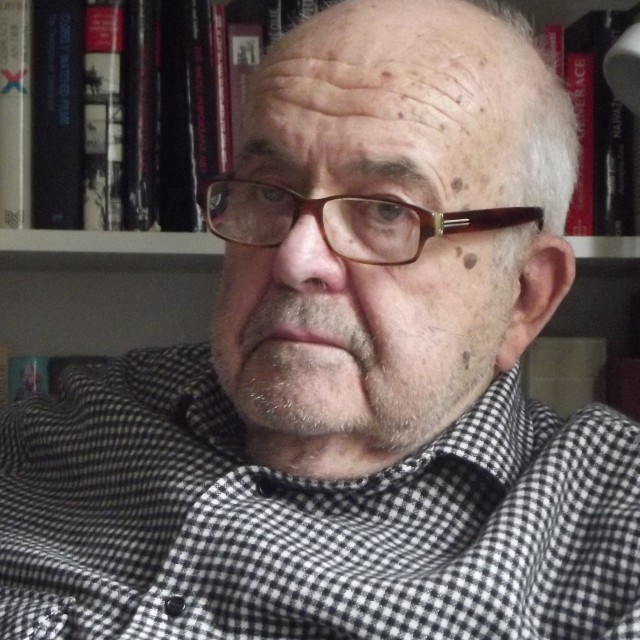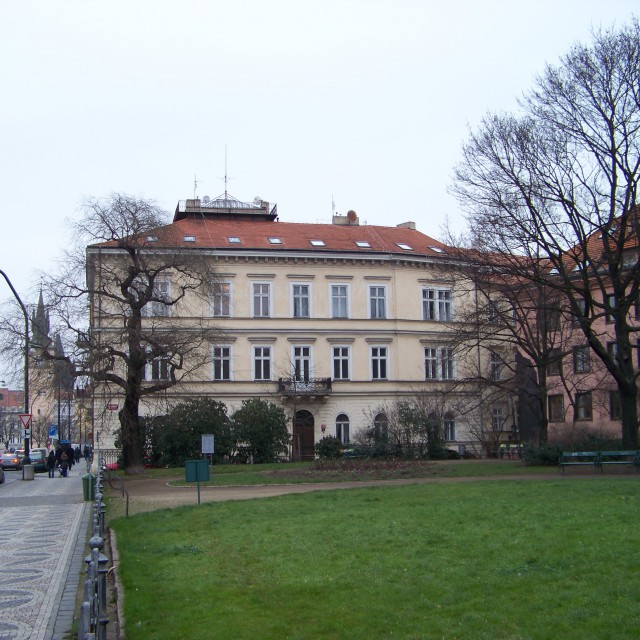How we used to get around censorship in the Literary Newspaper
The magazine Literary Newspaper had been published since the 1920s. In the toughest years of the communist dictatorship, it turned into a mouthpiece of the regime. However, Antonín J. Liehm experienced the 1960s in the editorial office of the newspaper, which was by then seated in the Betlémská Street with a view of the Prague Castle. In the 1960s, the magazine was contributing to the easing of the atmosphere in society, bringing to attention new topics and teaching its readers to think. Despite the relative liberalization of society, every issue still had to be submitted to the censor first. "The newspaper was published on Thursday and it was finally approved by the censorship on Wednesday", says A. J. Liehm. "But there were to be no blank spaces left behind in the newspaper, it had to look like if everything was alright at all times. Therefore, we'd always have an article ready as replacement for the most provocative, least acceptable articles. In the afternoon, they'd give it back to us and say 'that's impossible! Something else!' And we had prepared a replacement text which was even worse than this one, but by then it was already too late for them to do anything about it." It was part of a widespread habit of the citizens to play games with the regime, based on a tenacious circumvention of the regulation. A. J. Liehm reminds us that this editorial strategy would of course always entail consequences. Sometime later, one of the censors contacted Liehm with the interest in working in the editorial office. "And I'd hire him! I knew he was a thinking person. But the circumstances were adverse as the Literary Newspaper was by then shut down."
Hodnocení
Hodnotilo 0 lidí
Routes
Not a part of any route.
Comments
No comments yet.



